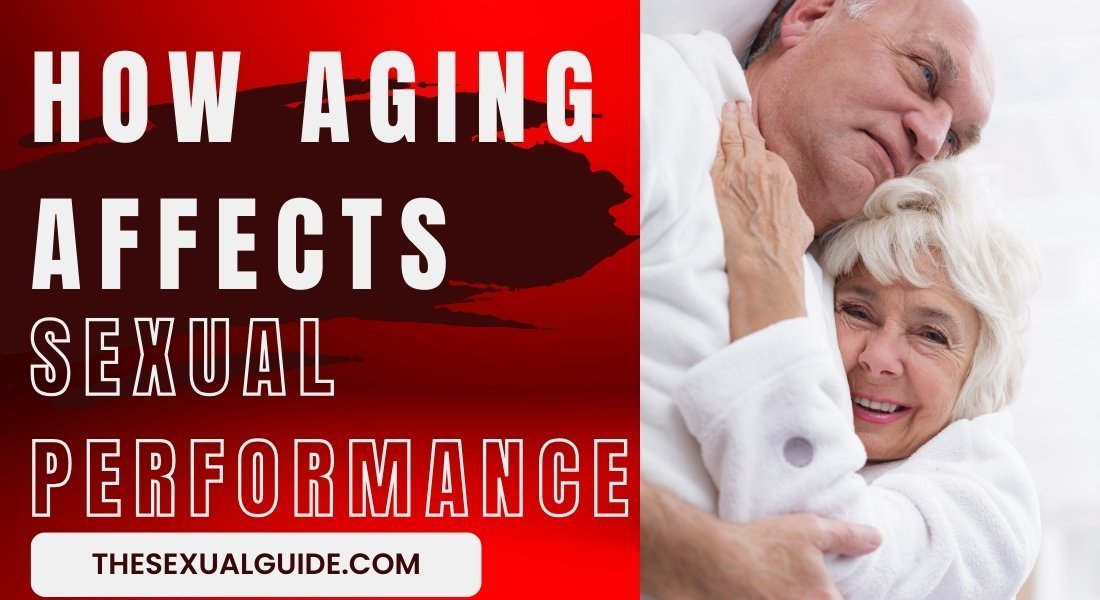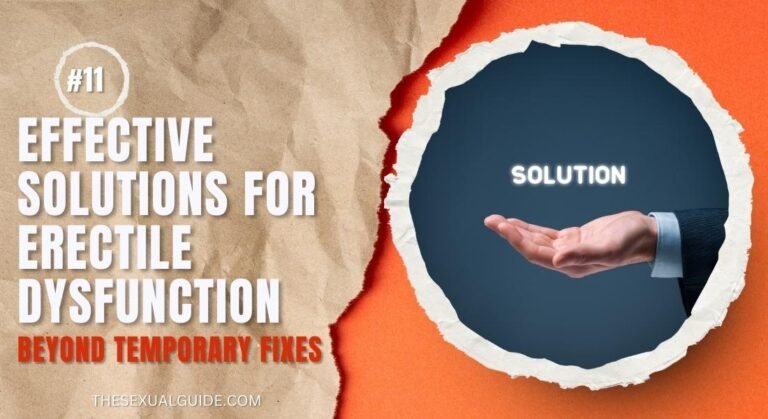As we age, it’s natural to experience changes in various aspects of our health, including sexual performance.
Understanding these changes can help individuals and couples maintain a satisfying sexual life throughout the years.
Hormonal Changes
Aging brings about hormonal shifts that can influence sexual desire and function.
- Testosterone Decline in Men: Men’s testosterone levels typically begin to decrease around age 35, leading to reduced libido and potential erectile difficulties.
- Estrogen Reduction in Women: Women experience a decline in estrogen levels during menopause, which can result in vaginal dryness and discomfort during intercourse.
Physical Changes
The body undergoes several physical transformations with age that can impact sexual performance:
- For Men: Erectile dysfunction (ED) becomes more prevalent, characterized by difficulty achieving or maintaining an erection.
- For Women: The vaginal lining may become thinner and less elastic, leading to discomfort during sex.
Psychological Factors
Mental health plays a crucial role in sexual performance:
- Stress and Anxiety: Life changes, such as retirement or health concerns, can increase stress levels, negatively affecting libido.
- Body Image: Aging can alter one’s perception of their body, potentially reducing sexual confidence.
Addressing Age-Related Sexual Changes
While aging can influence sexual performance, several strategies can help maintain intimacy:
Open Communication
Discussing desires and concerns with your partner fosters understanding and strengthens the emotional connection.
Healthy Lifestyle
Maintaining a balanced diet, regular exercise, and adequate sleep supports overall health and sexual function.
Medical Consultation
If sexual difficulties persist, consulting a healthcare provider is advisable.
For instance, men experiencing ED can explore various treatments, including those offered by trusted providers like LibidoDepot.
Conclusion
Aging brings about changes that can affect sexual performance, but understanding these shifts and proactively addressing them can lead to continued sexual satisfaction.
Embracing open communication, healthy living, and seeking professional advice when necessary are key steps in navigating sexual health in later years.
Call to Action: Want to learn more?
Visit LibidoDepot for trusted solutions to enhance your sexual health.
Frequently Asked Questions About How Aging Affects Sexual Performance
Does sexual performance decline with age?
While aging can lead to physical and hormonal changes that affect sexual function, many people maintain an active and satisfying sex life well into older age with the right support and communication.
How does aging affect libido in men and women?
Aging can result in lower testosterone levels in men and decreased estrogen in women, which may reduce libido. However, lifestyle, health status, and relationship dynamics also play key roles.
What common sexual health issues arise with age?
Men may experience erectile dysfunction or delayed ejaculation, while women may face vaginal dryness or reduced arousal. These issues are common and often treatable.
Can anything be done to improve sexual performance as we age?
Yes. Regular exercise, healthy diet, stress reduction, open communication, medical treatments, and sometimes the use of sexual aids or hormone therapy can all help maintain or improve sexual performance.
References
- Sex and Aging: What to Expect
- Sex and Aging: How to Stay Satisfied
- Sexuality in Later Life
- How Aging Affects Male and Female Sexuality
- Aging and Sexual Health
- Erectile Dysfunction and Aging






